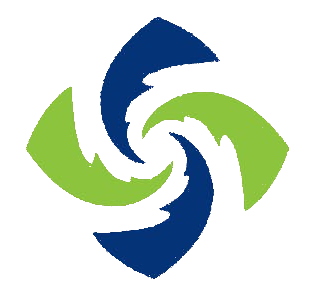Last week I spoke about preparing for the hurricane season, which is the most often talked about disaster in the Caribbean, even though there are many other hazards that exist for us.
I was a young teenager when the La Soufrière Volcano in St. Vincent in the Grenadines erupted in 1979. I vaguely remember bouts of ash coming across to Barbados. However, when I heard last Thursday of the first sign that an eruption was imminent, I believed that as everyone knew since December 2020 that this day would come, we would have been prepared and less vulnerable. Then on Friday morning, seismologists from the University of the West Indies confirmed that an “explosive eruption” was under way; I admit I was still not prepared for what an “explosive eruption under way” really signified for us in Barbados.
Living on the western side of the island, visibility was very poor and the sky was a grey haze due to the ash. All day Saturday it was so dark that 8:15 a.m. looked like 7:00 pm. Sometime later the grey/black ash had settled on top of every exposed surface like a thick dusty blanket. Sunday was spent dusting and sweeping ***where? house, patio, decks, walkways …?*** as well as washing cars and clearing drains/gutters on roofs but this was an effort in futility as the more you cleaned, the more the winds brought additional ash. Visibility was so poor that the Airport and seaport were closed from Friday while retail businesses remained closed on Monday to coordinate cleanup efforts. Experts have advised that this situation could last for a few days or a few weeks or even a few months.
Main takeaways:
- During non-eruptive periods, businesses should consider their vulnerability to volcanic ashfalls. Once the vulnerability has been assessed, mitigation strategies can be developed.
- The more that is known about the history of a volcano, in addition to the amount of effort that has been devoted to intense scientific research, the easier it will be to foresee how much time may be available to take protective action when an eruption does occur.
- It is important that we look to engineer design measures that reduce vulnerability to ash.
- Preparedness and response planning to deal with ash-fall and cleanup activities are critical.
- Adhere to evacuation orders.
Actions to Consider:
- Remain vigilant and maintain active awareness of local conditions.
- Limit outdoor activity and wear masks (N95 ideally) when outdoors
- Close windows and use air filters if available indoors.
- Persons with respiratory issues or allergies should ensure they have, close at hand, all prescribed relevant medications and inhalers in case of an emergency.
- Cover your car grill from the ash
- Monitor the Barbados Meteorological Services and official sources for updates.
Let us continue to pray for our brothers and sisters in St. Vincent and offer any assistance that you can. We are one Caribbean!

